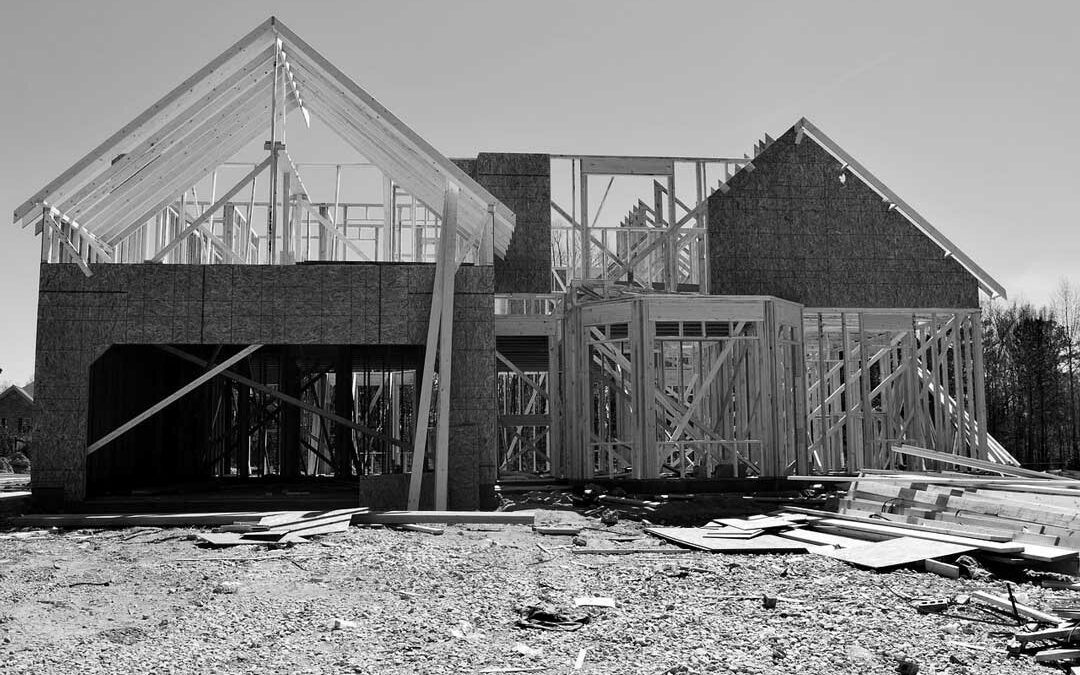Property Clinic: Stamp duty, capital gains tax and gift tax liabilities should be considered
– Capital gains tax will arise where the beneficiary of the gift of a site does not occupy the house built as their only or main residence for three years
Siobhán Durkan, Solicitor at our firm, recently featured in The Irish Times Property Clinic. You can read the original article here and or read the full article below.

Siobhán Durkan Solicitor
Our son is in his mid-30s and unable to get on the property ladder in the south Dublin area. We have a very large garden with generous side access and have often thought about building a house for our old age. However, what would the legal and planning requirements be if we were to gift this site to our son instead, and let him build his own house to a mutually-acceptable design. Would we be better off applying for the planning permission and then address the legal aspects of this after the property is built?
If it is intended to build a new house, you or your son must apply for planning permission. The applicant must be the legal owner or have a letter of consent from the owner to make the application. Therefore, the site does not have to be transferred to make the planning application and it is often best not to do so in case the planning application is not granted. The only concern in adopting this strategy is that the value of the site may rise considerably if planning permission is granted. This will increase the stamp duty payable by him. If the value increases above €335,000, your son may have a gift tax liability for the value in excess of this. For this reason, it is advisable to consult a local registered valuer to value the site with and without planning permission to consider how best to proceed.
A pre-planning application consultation with the local authority is recommended. The purpose of pre-planning is to get advice from the local authority on a proposed development. This will inform you as to the likelihood of success in obtaining planning.
In consultation with a chartered surveyor or architect, final plans can be prepared, and the application submitted for planning permission. The surveyor/architect will need to sign off on the building to confirm compliance with the planning permission, building regulations and to satisfy the mortgage provider at each stage of construction prior to the release by the mortgage provider of each stage payment.
It is important to note that Law Society regulations prohibit a solicitor or firm acting for both sides in a voluntary transfer such as this. Therefore, you and your son will need separate solicitors if the property is to be transferred.
There are tax implications for you to be aware of in a voluntary transfer of a site.
The person(s) transferring the site will not have to pay capital gains tax (CGT) if it is transferred to their child to build a house on. The house must be the child’s only or main residence. A transfer includes a joint transfer by you, and your spouse or civil partner, to your child and their spouse or civil partner. To qualify for relief the site must be one acre or less and have a value of €500,000 or less.
Stamp duty is payable by your son at the non-residential rate of 7.5 per cent of the value of the site
In relation to your son, the following tax implications should be considered.
There is a clawback provision which provides your son may have to pay CGT on the disposal of the site from you to him in two specific situations. These are where your son disposes of the site, did not build a house on that site, did not occupy the house built as their only or main residence for at least three years. This clawback does not apply if your son disposes of the property to his spouse or civil partner.
Stamp duty is payable by your son at the non-residential rate of 7.5 per cent of the value of the site. When your child builds a house on the site, they may qualify for a refund of some of the stamp duty paid under the residential development stamp duty refund scheme. The maximum amount of refund which can be claimed is eleven-fifteenths of the duty paid. There are conditions for the refund, further details are available on the Revenue website.
From a gift tax perspective, your son can receive gifts from parents totalling €335,000 in their lifetime without a liability for this tax. Where a child has not received gifts or inheritances previously, then a site with a value of up to €335,000 would be exempt from gift tax.
Your son should look into the help-to-buy incentive as he may be eligible. The incentive only applies to properties that are bought or built as the first-time buyer’s home. Your son must take out a mortgage of at least 70 per cent of the valuation approved by the mortgage provider. With effect from January 1st, 2017, the help-to-buy scheme only applies to properties costing €500,000 or less. Enhanced relief is available until December 31st, 2021. Further details are available on revenue.ie.
Siobhan Durkan is a solicitor at P O’Connor & Son
Image from Pixabay

